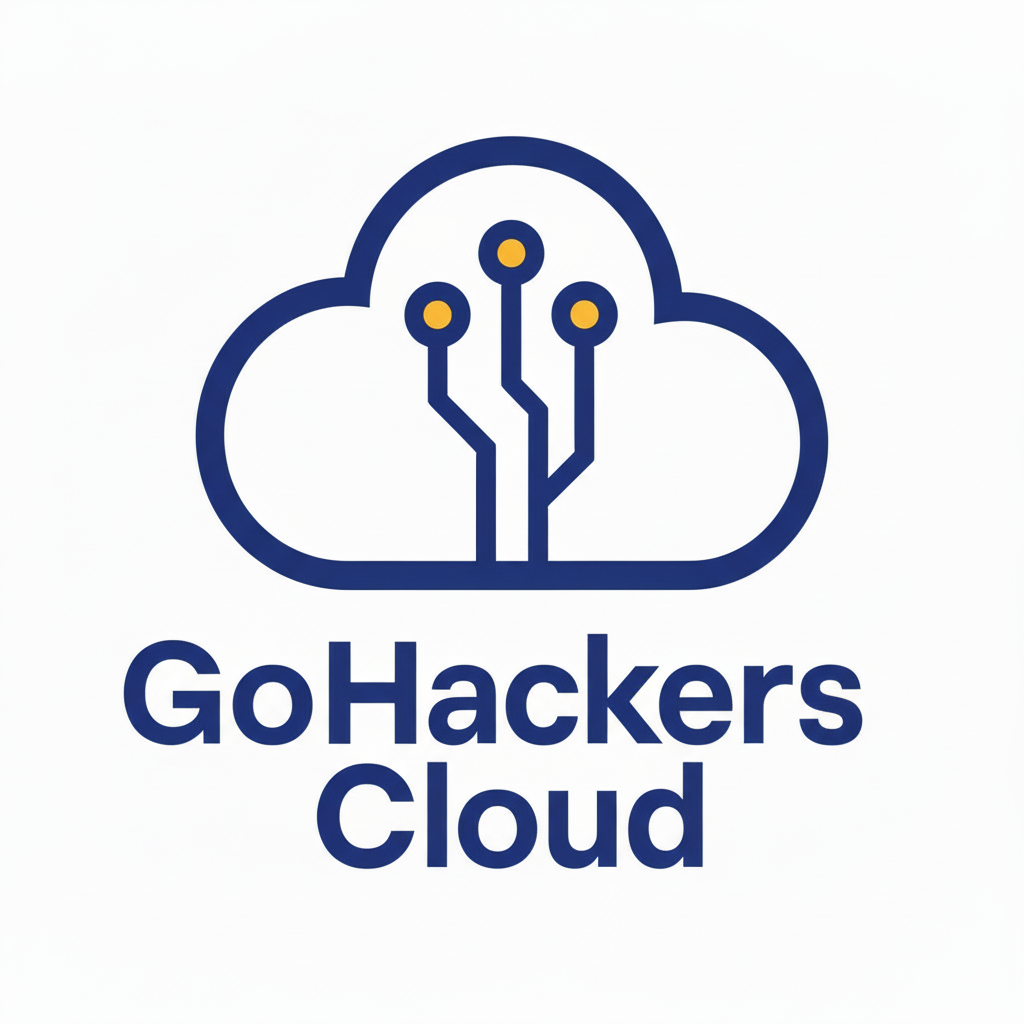Introduction: Why Free Resources & Training Matter
Breaking into cybersecurity can feel like staring at a locked vault. You know there’s valuable knowledge inside, but the entry price? Often thousands of dollars for certifications and premium courses.
Here’s the good news: you don’t need a massive budget to start your cybersecurity journey.
The cybersecurity skills gap is real. Companies are desperately hunting for talent, with over 3.5 million unfilled positions globally. Meanwhile, aspiring professionals are stuck behind paywalls, wondering if they should take the financial leap.
That’s where free cybersecurity resources come in. Whether you’re a complete beginner or looking to sharpen specific skills like network security, quality free resources let you explore, experiment, and build expertise without financial risk.

What Counts as “Free Cybersecurity Resources”?
Before we dive into specific platforms, let’s clear up what “free” actually means in the cybersecurity world.
The Real Definition of Free
True free resources have three characteristics:
- No hidden costs – You’re not forced into a paid tier after one module
Open access – Available to anyone, anywhere, without gatekeeping
Long-term usability – Not just a 7-day trial that disappears
Categories of Free Resources
Free cybersecurity resources typically fall into these buckets:
- Video tutorials – Step-by-step guides on specific topics
- Interactive labs – Hands-on environments where you practice real skills
- Tools and software – Open-source security tools like Wireshark or Nmap
- Cheat sheets and guides – Quick reference materials for protocols and commands
- Communities – Forums, Discord servers, and subreddits where you can ask questions
Watch Out for “Freemium” Traps
Some platforms advertise “free” content but limit you to basic introductions. You’ll see things like “First chapter free, rest locked behind paywall” or “Free trial for 14 days.”
These aren’t inherently bad, but they’re not truly free either. We’re focusing on resources that deliver genuine value without requiring your credit card.
Top Platforms Offering Free Network Security Training
Now for the good stuff. Here are six platforms that actually deliver quality free network security training.
1. Great Learning – Free Network Security Course
Great Learning offers a comprehensive free network security course that comes with a certificate. This isn’t some watered-down intro—it covers network vulnerabilities, security protocols, encryption methods, and defense strategies.
What you’ll learn:
- How networks actually get compromised
- Common attack vectors (ARP spoofing, DDoS, man-in-the-middle)
- Security protocols like SSL/TLS, IPSec, and VPNs
- Practical defense techniques
Why it works: The course includes quizzes and hands-on exercises. Plus, getting a certificate at the end gives you something tangible to show employers.

2. NIST / NICE – Free & Low-Cost Online Learning Content
The National Institute of Standards and Technology (NIST) maintains a curated directory through their NICE program. This is basically a treasure map of free and low-cost cybersecurity content.
What makes it special:
- Filters to find exactly what you need (network security, cloud security, etc.)
- Content from universities, government agencies, and industry leaders
- Regularly updated to reflect current threats
Pro tip: Use their advanced search to filter by “network security” topics.
3. Cybrary
Cybrary has become a household name in cybersecurity education. Their free tier includes access to courses, virtual labs, and assessments covering everything from basic networking to advanced threat hunting.
Free offerings include:
- Network security fundamentals
- Incident response training
- Threat intelligence basics
- Career path guidance
4. SANS / SANS Cyber Aces
SANS Institute is legendary for their training—and incredibly expensive. But their Cyber Aces program offers free foundational content that covers networking, system administration, and security concepts.
What you get:
- Video tutorials on TCP/IP, routing, and protocols
- Challenges that test your understanding
- Access to SANS’s reputation (great for your resume)
5. SimplyCyber – Free Cyber Resources Hub
SimplyCyber is basically a curator’s dream. Gerald Auger has compiled an always-free list of cybersecurity resources including training, labs, tutorials, and ebooks.
Why it’s useful:
- Everything is categorized and tagged
- Regularly updated with new resources
- Community-driven
Think of SimplyCyber as your bookmark folder on steroids.
6. Girls Who Hack – Learning Resources
Girls Who Hack welcomes everyone. Their resource page aggregates free cybersecurity training, including network security modules, lab environments, and learning paths.
Highlights:
- Well-organized by skill level
- Focuses on practical, hands-on learning
- Great community support
Free Tools & Labs You Should Use
Learning theory is one thing. Actually doing the work? That’s where these tools come in.
LetsDefend – Blue Team Training
LetsDefend focuses on defensive security (blue team) with real-world scenarios. Their free tier lets you investigate security incidents, analyze logs, and practice responding to threats.
Why it matters: Most free resources focus on offense (pentesting). LetsDefend teaches you to defend, which is what most cybersecurity jobs actually need.

Open Source Security Tools
These are the tools professionals actually use:
Nmap – Network scanner that maps devices, ports, and services. Essential for understanding network architecture.
Wireshark – Packet analyzer that lets you see exactly what’s happening on a network. Incredibly powerful for troubleshooting and security analysis.
Practice Labs from NIST
NIST’s directory includes links to specialized lab environments:
Labtainers – Linux-based labs for hands-on cybersecurity exercises
CyberDefenders – Blue team challenges with real-world scenarios
PentesterLab – Web application security practice (free tier available)
How to Use These Resources Effectively
Having access to free resources is great. Using them effectively? That’s the skill.
Build a Learning Schedule
Don’t try to consume everything at once. Pick 1-2 platforms and commit to 30-60 minutes daily. Consistency beats intensity.
Sample weekly schedule:
- Monday/Wednesday: Video course (Great Learning or SANS Cyber Aces)
- Tuesday/Thursday: Hands-on labs (LetsDefend or Labtainers)
- Friday: Tool practice (Wireshark or Nmap)
- Weekend: CTF challenge or community participation
- Our free resources is available for you

Focus on Depth, Not Breadth
It’s tempting to jump between resources. Resist that urge. Master one topic before moving on.
Mix Theory with Hands-On
The best learning happens when you combine concepts with practice. Watch a video about firewalls, then configure one in a lab. Read about DDoS attacks, then analyze one in Wireshark.
Document Everything
Keep a learning journal or GitHub repo where you document:
- What you learned each week
- Challenges you solved
- Tools you mastered
- Mistakes you made (and what you learned from them)
This becomes your portfolio. When applying for jobs, you can point to real evidence of your skills.
Once you’ve built foundational skills, test your knowledge with practice questions designed to match real certification exam formats.”
Tips to Choose Quality Free Resources
Not all free resources are created equal. Here’s how to separate gold from garbage.
Check the Last Update Date
Cybersecurity evolves fast. A tutorial from 2015 might teach outdated techniques. Look for resources updated within the last 1-2 years.
Read Community Reviews
Before investing time, check Reddit discussions, YouTube comments, or course reviews. If people consistently say “this wasted my time,” believe them.
Prioritize Hands-On Content
Videos are fine for concepts, but you learn by doing. Choose resources that include interactive labs, real-world scenarios, and projects you can add to a portfolio.
Look for Certification or Credential Value
While certificates from free courses aren’t equivalent to CISSP or CEH, they still demonstrate commitment. Employers appreciate seeing evidence of continuous learning
Ready to pursue professional certifications? Explore our certification-focused crash courses that prepare you for industry-recognized credentials like AWS Security Specialty.
Avoid Purely Promotional Content
Some “free resources” are just sales funnels disguised as education. If every lesson ends with “upgrade to learn more,” move on.
GoHackersCloud’s Complementary Resources
While free resources are fantastic for building foundational knowledge, sometimes you need more structure, depth, and guidance. That’s where GoHackersCloud comes in.
What We Offer Beyond Free Resources
We provide specialized resources that complement your free learning journey with structured, hands-on experiences designed for real-world application and certification success.
How to Combine Free Resources with GoHackersCloud
Here’s a practical approach:
- Start with free foundational learning (Great Learning, SANS Cyber Aces)
- Practice concepts with hands-on labs to solidify understanding
- Test yourself with practice questions to identify weak areas
- Deep dive with structured courses when you’re ready to specialize
Think of free resources as your textbook and GoHackersCloud as your study group, lab, and exam prep rolled into one.
Conclusion & Next Steps
Breaking into cybersecurity doesn’t require a trust fund. With the free resources we’ve covered—from Great Learning’s structured courses to hands-on tools like Wireshark and LetsDefend—you have everything needed to start building real skills today.
Here’s what matters: taking action.
Your Next Steps (Do This Today)
- Pick one platform from our list—start with Great Learning if you want structure, or SimplyCyber if you prefer exploring
- Download one tool (Wireshark or Nmap) and watch a 10-minute tutorial
- Join one community (Reddit’s r/cybersecurity or SimplyCyber’s Discord)
That’s it. Three small actions that take less than an hour.
Then tomorrow, do one more thing. And the day after, one more. Compound learning is how professionals are made.
Ready to Level Up?
Once you’ve explored free resources and built foundational knowledge, challenge yourself with our hands-on labs and practice questions. Real-world scenarios and certification-aligned questions will test what you’ve learned and prepare you for the next stage of your career.
Remember: every expert started exactly where you are now. The only difference? They started.
Now it’s your turn.
Frequently Asked Questions
Q: Do I need prior experience to use free cybersecurity resources?
Not at all. Many resources like Great Learning and SANS Cyber Aces assume you’re starting from zero. If you understand basic computer concepts (what an IP address is, how the internet works), you’re ready to start.
Q: Can free network security training actually help me get a job?
Yes, but with a caveat. Free training gives you knowledge and skills. However, employers also look for certifications (CompTIA Security+, CISSP), hands-on project experience, and demonstrated problem-solving.
Use free resources to build foundational skills, then invest in certifications and projects. Document everything you learn in a GitHub portfolio or personal blog.
Q: Are these resources always free forever?
Most platforms we’ve listed have committed to keeping certain content permanently free. Great Learning’s core courses remain free, NIST/NICE is government-funded, and SANS Cyber Aces has been consistently free for years.
Always check the platform’s FAQ before committing significant time.
Q: How do I verify the quality and trustworthiness of a free resource?
Use these trust signals: Is it from a known organization (NIST, SANS)? What do Reddit or security forums say? Does it teach practical skills? When was it last updated? Is it openly free, or hiding a paywall?
If a resource checks 4 out of 5 boxes, it’s probably worth your time.


